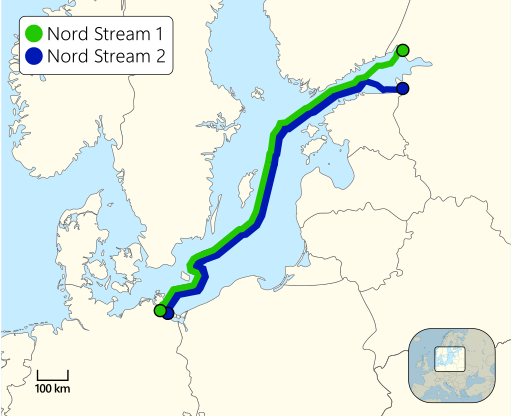
Sweden has announced the closure of its investigation into the explosions that occurred on the Nord Stream 1 and 2 gas pipelines in September 2022. Following the discovery of four gas leaks
on these pipelines, two in Sweden’s exclusive economic zone (EEZ) and two in Danish territory, Germany, Sweden, and Denmark each launched separate national investigations into the incident.
Swedish prosecutors have concluded that Swedish jurisdiction does not apply to the case, leading to the decision to close the investigation. The inquiry, led by Public Prosecutor Mats Ljungqvist, aimed to determine whether Swedish citizens were involved in the incident and if Swedish territory was used, potentially endangering the country’s interests or security.
Having reached an advanced stage, the investigation has provided a comprehensive understanding of the incident. No evidence has emerged implicating Sweden or its citizens in the attack, which occurred in international waters.
Ljungqvist emphasized the systematic and thorough nature of the investigation, which included analyzing numerous ship movements and conducting extensive crime scene investigations and interviews. Cooperation with Denmark and Germany has been instrumental, with information sharing and collaboration with German authorities aiding the investigation.
While the Swedish investigation is concluded, the German inquiry continues under a veil of secrecy surrounding international legal cooperation.
The Nord Stream pipeline system spans from Vyborg, Russia, to Lubmin near Greifswald, Germany, crossing the EEZs of several countries and their territorial waters. Following confirmations from Norwegian and Swedish seismic institutes of underwater blasts preceding the leaks, European authorities suggested the incident may have been a result of deliberate actions.
In July 2023, Germany reported subsea explosive traces found in samples from a chartered sailing yacht to the UN Security Council, along with Sweden and Denmark. Sweden's analyses also detected explosive residue on foreign objects in the Baltic Sea area.
Additionally, damage to the pipelines resulted in the release of a significant amount of methane gas into the atmosphere, as reported by the Integrated Carbon Observation System (ICOS). Photo by FactsWithoutBias1, Wikimedia commons.



































